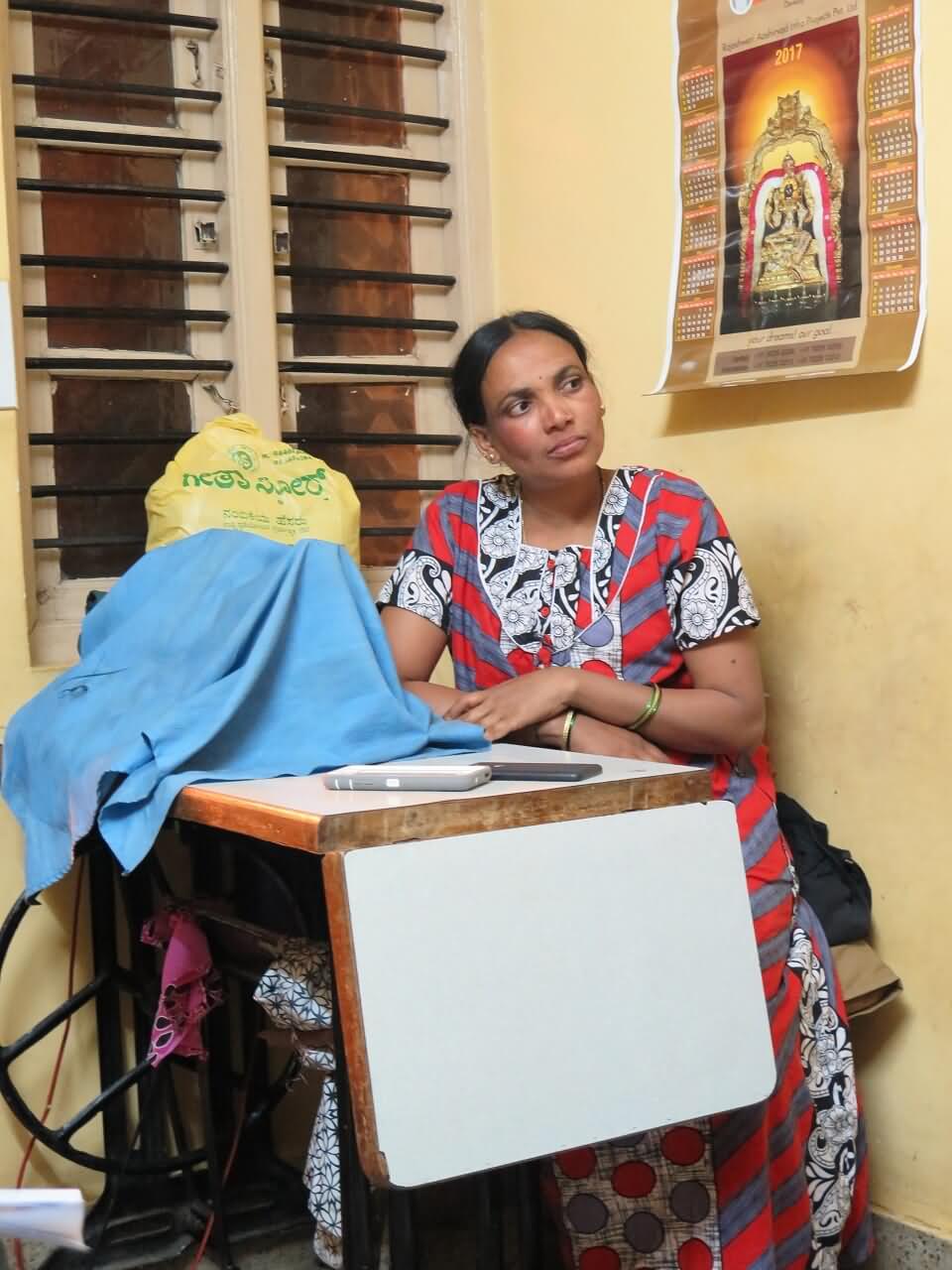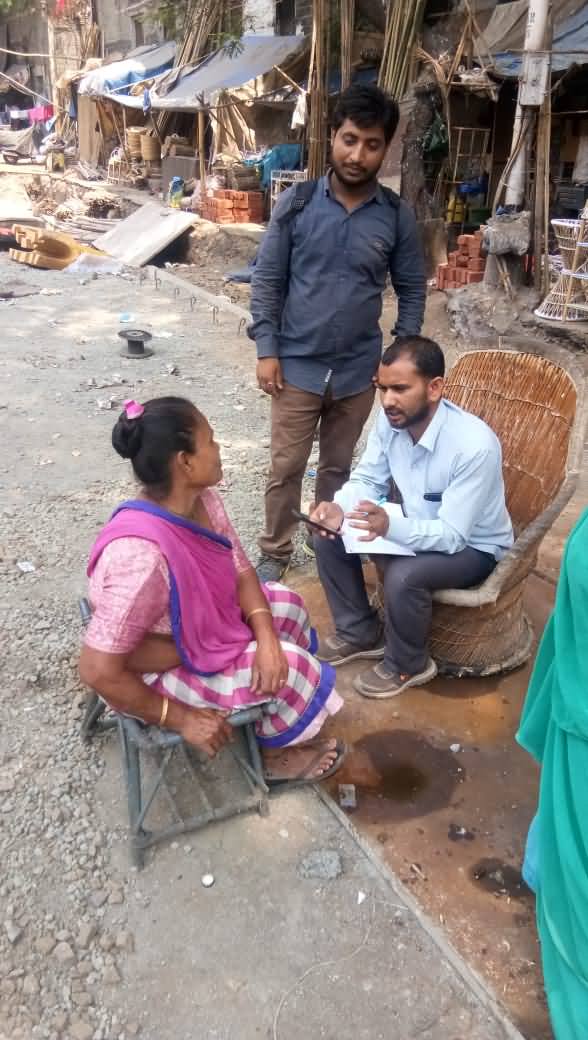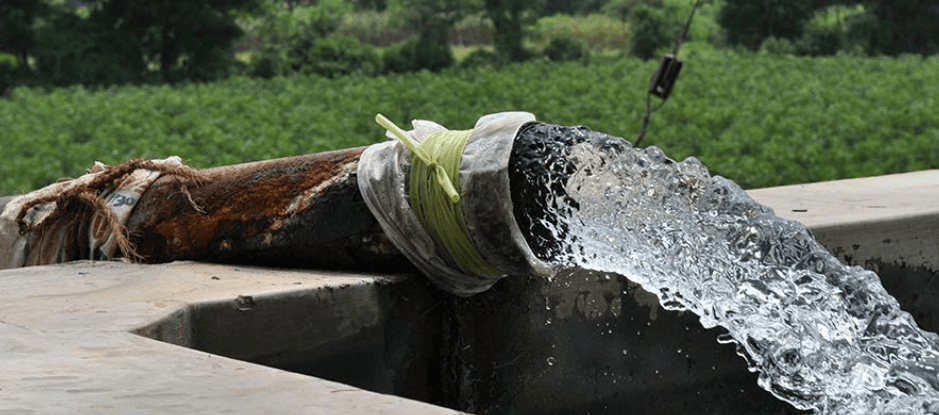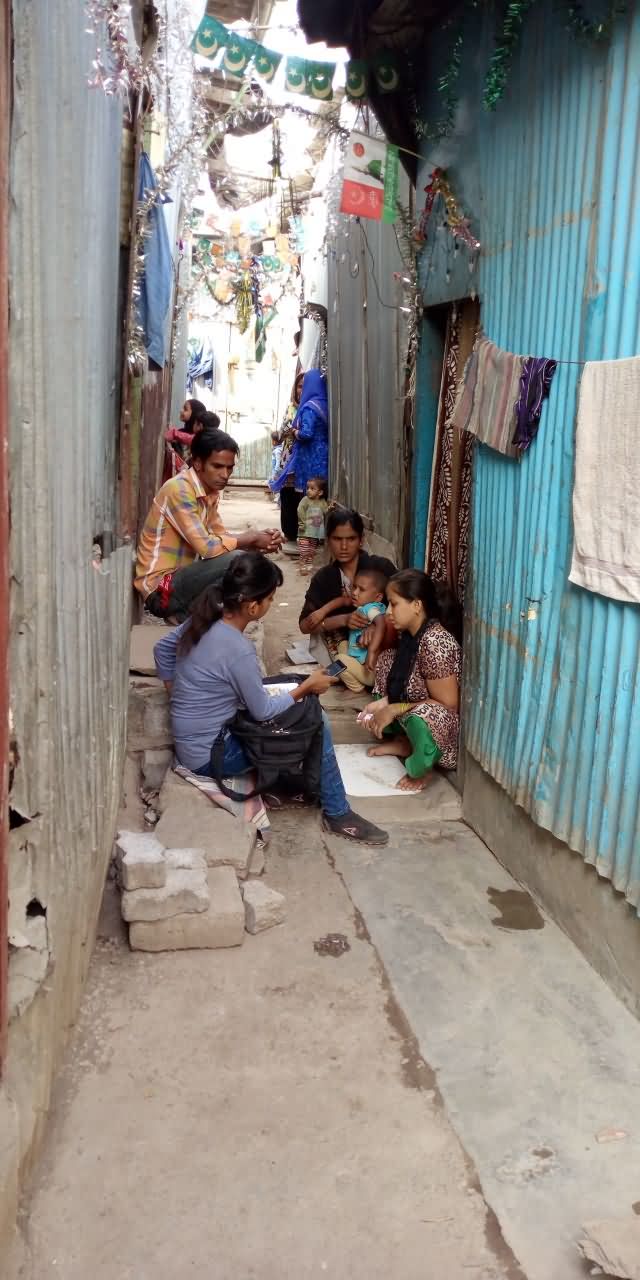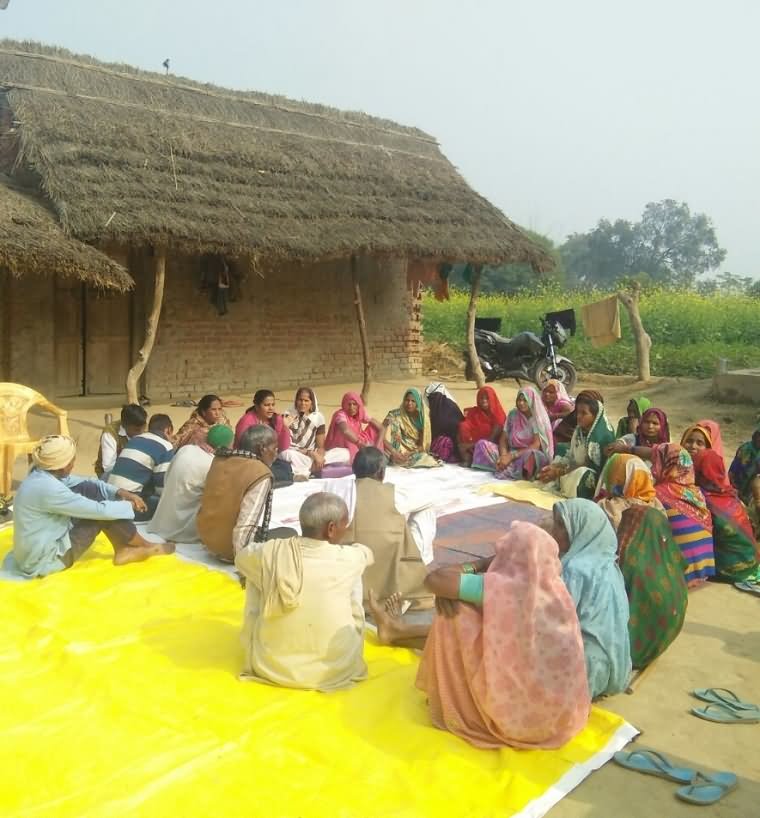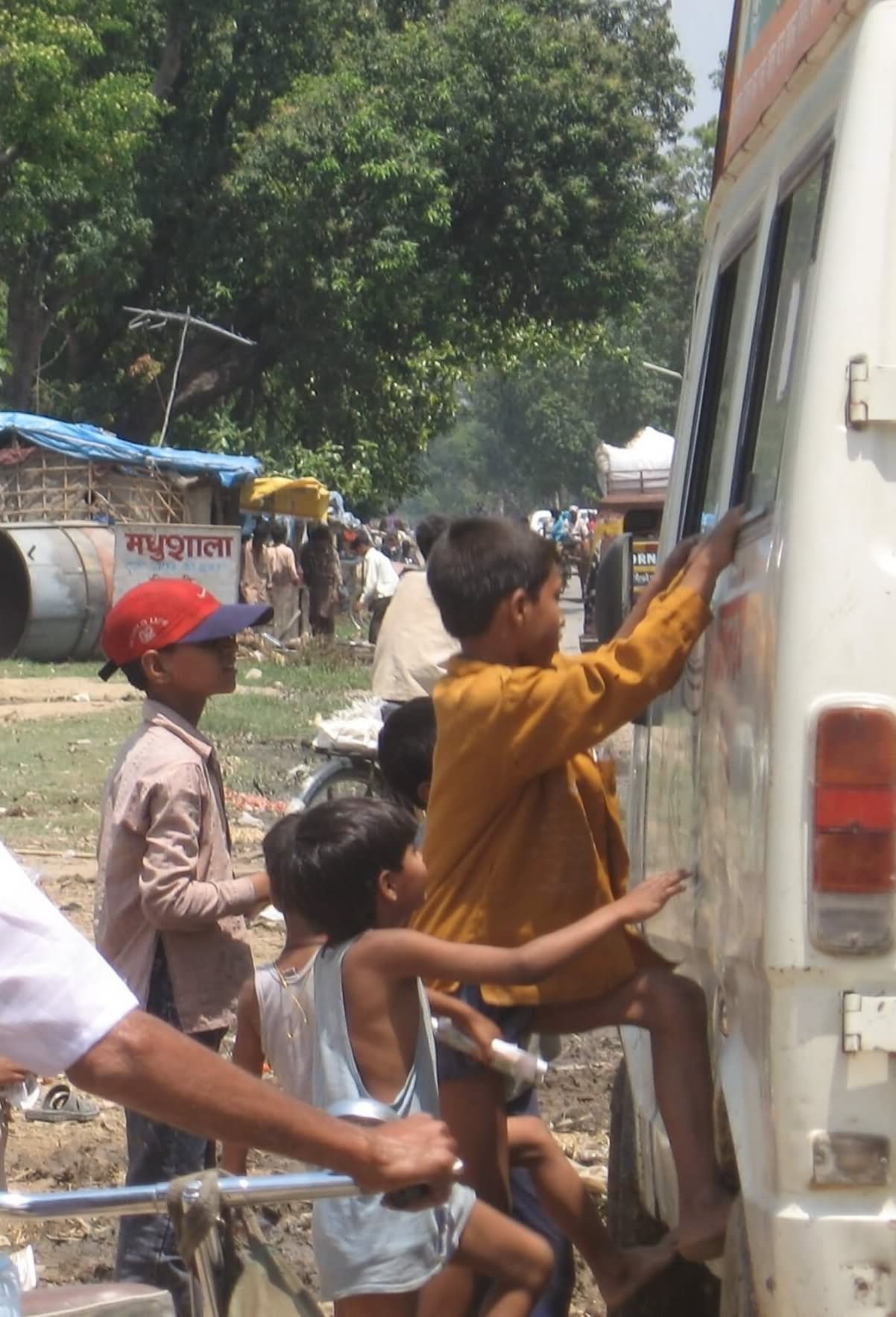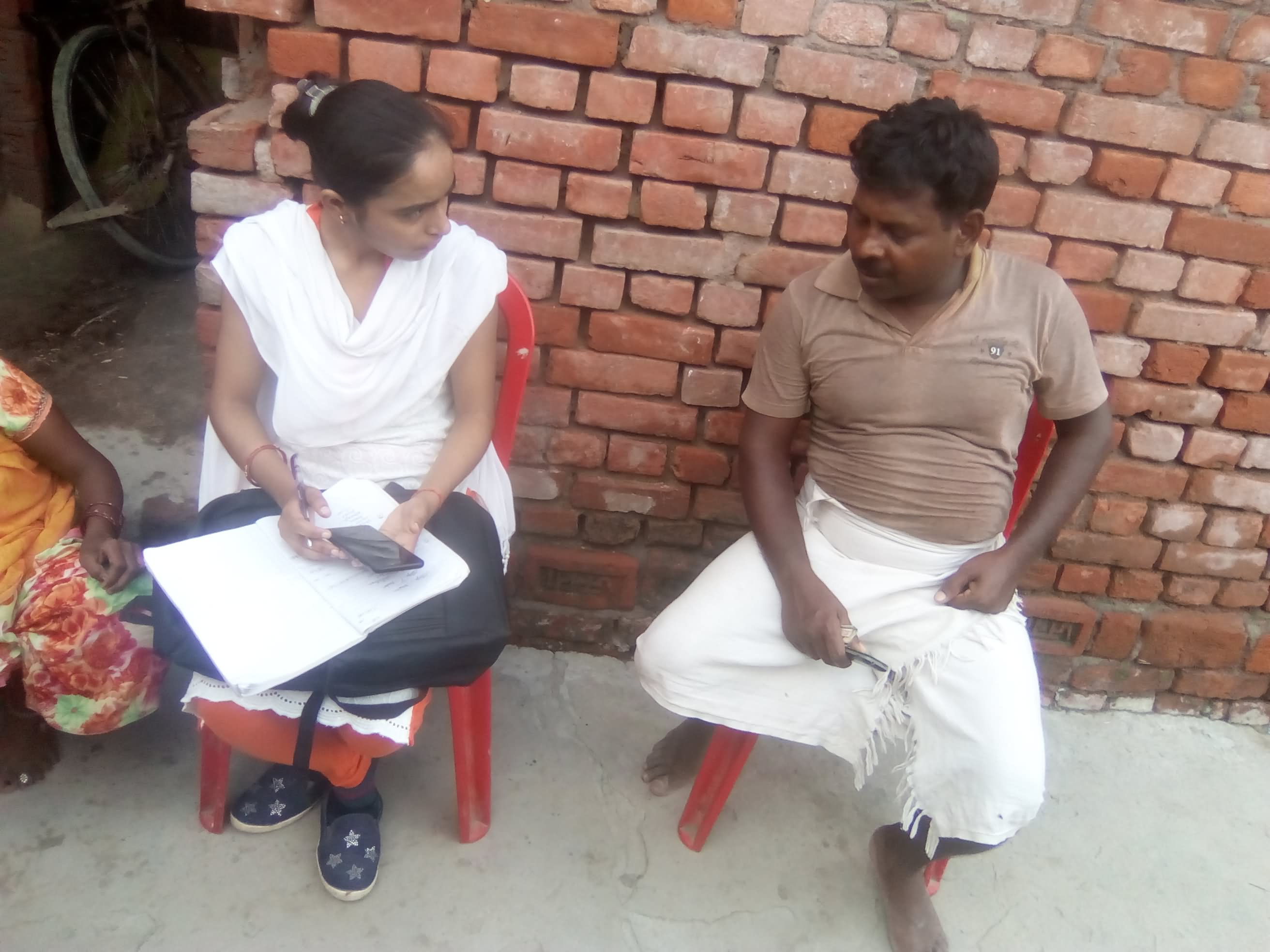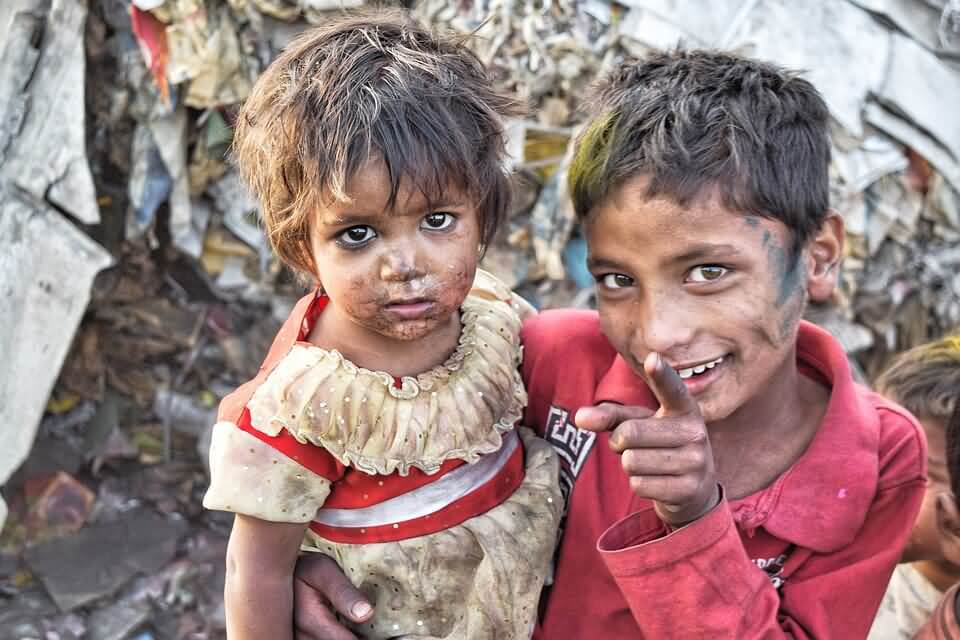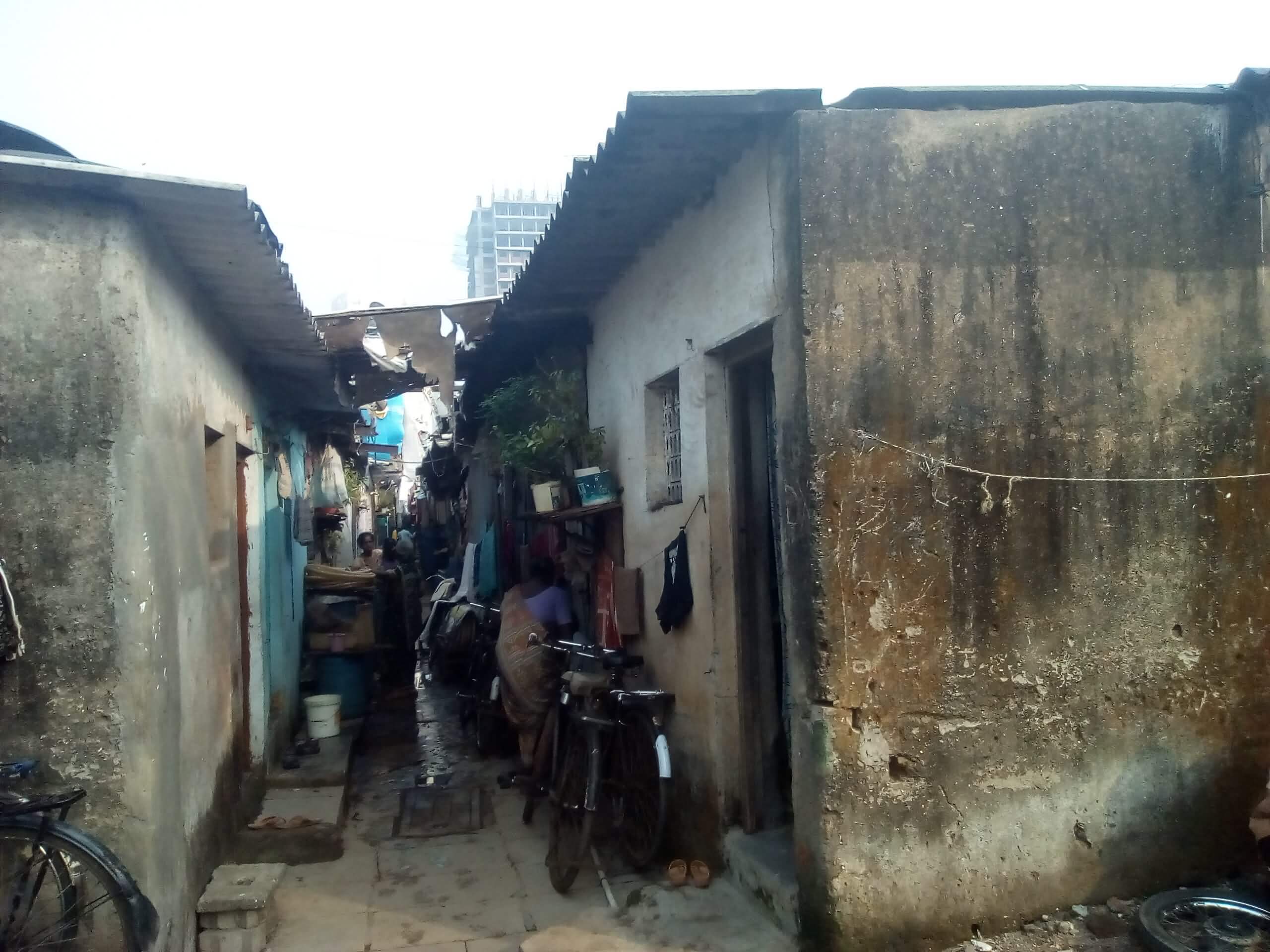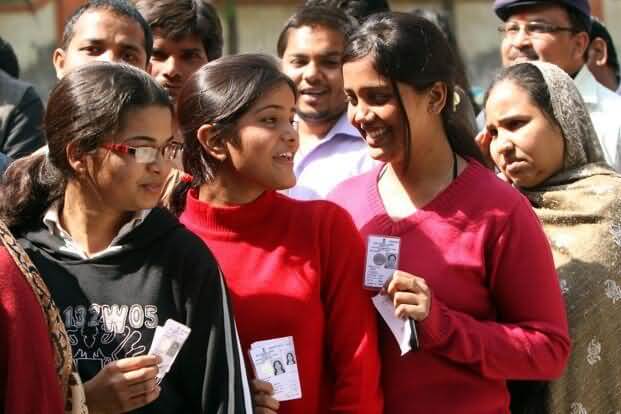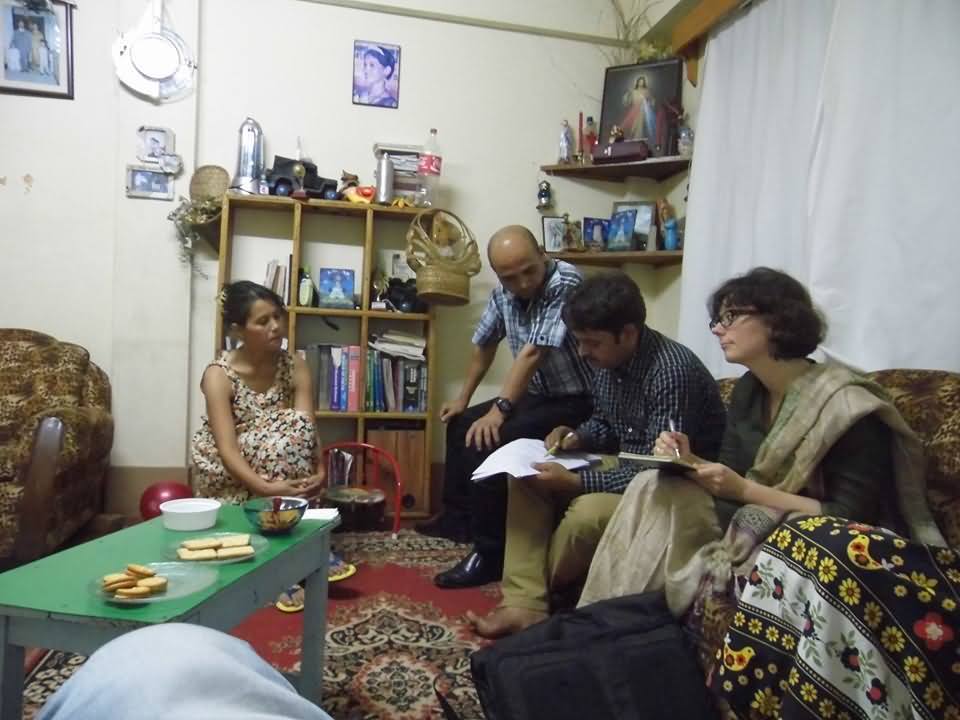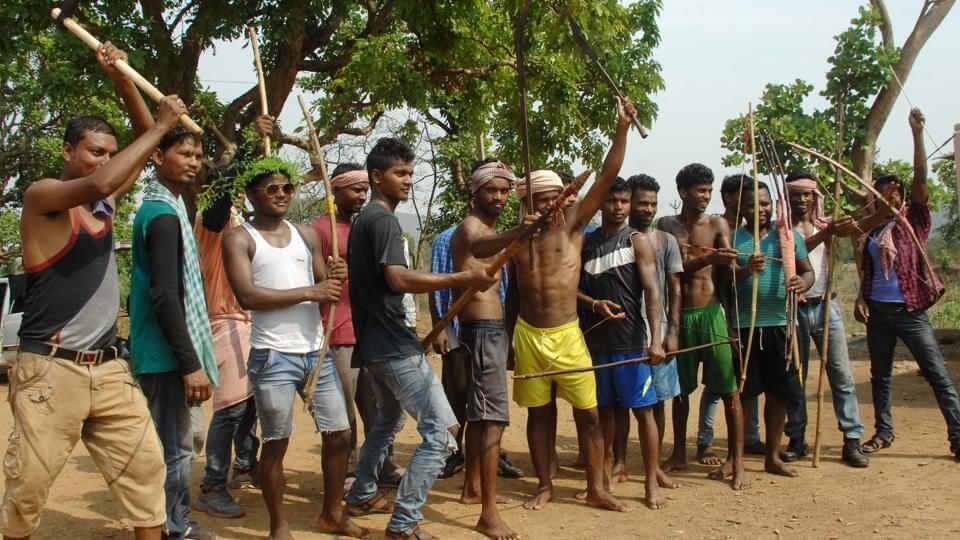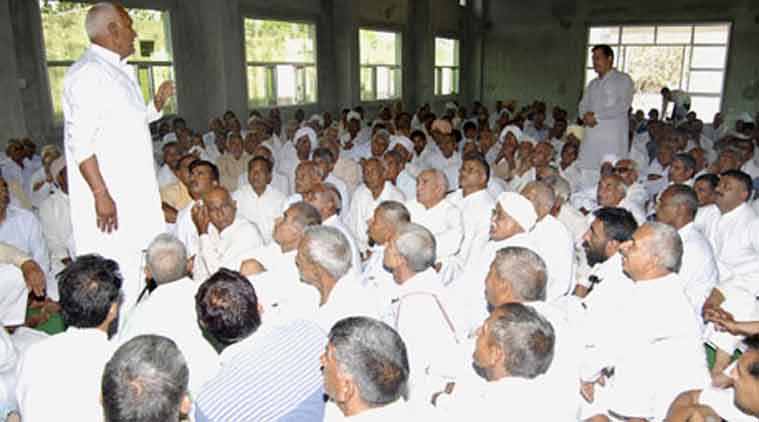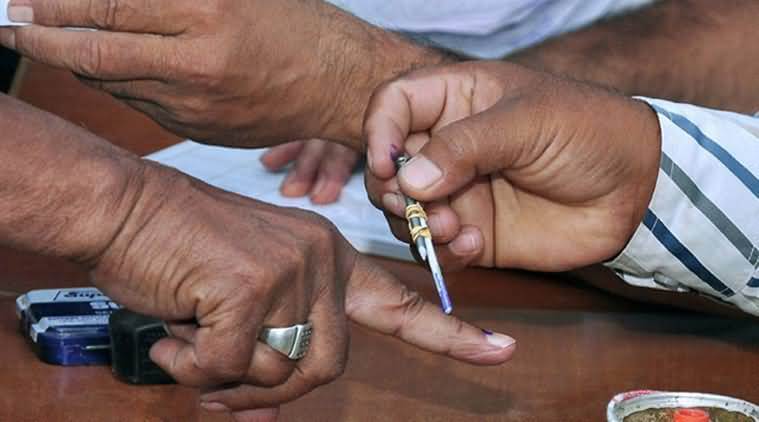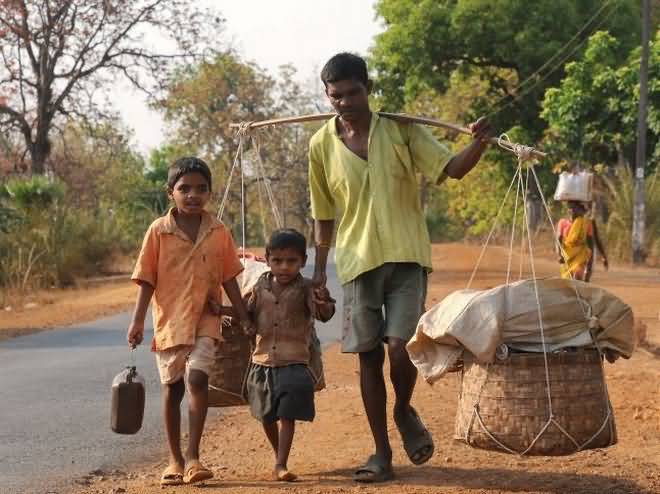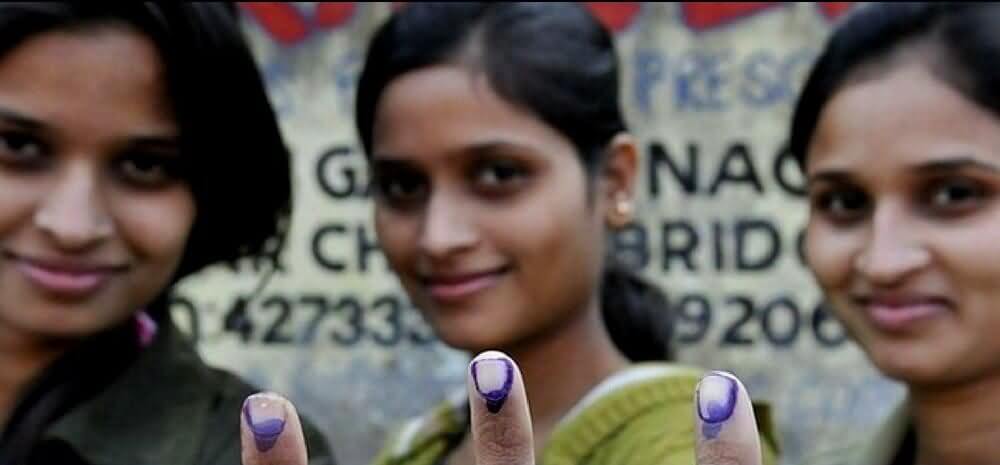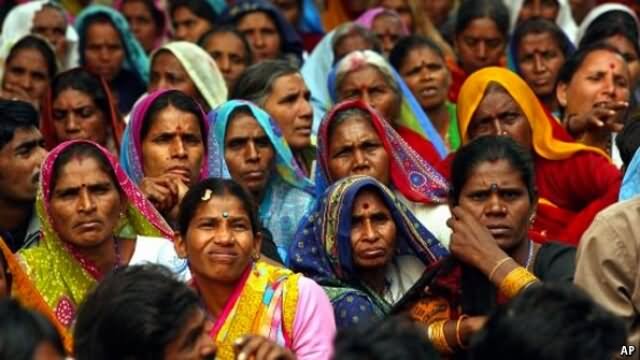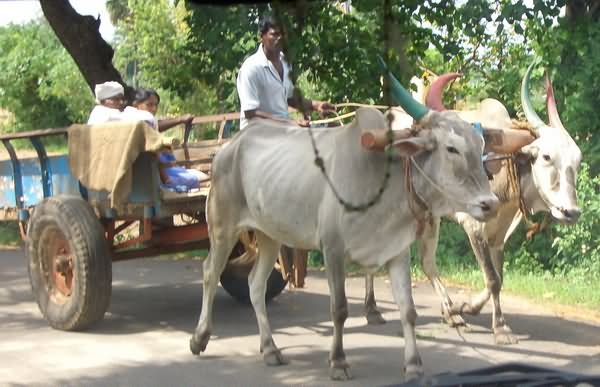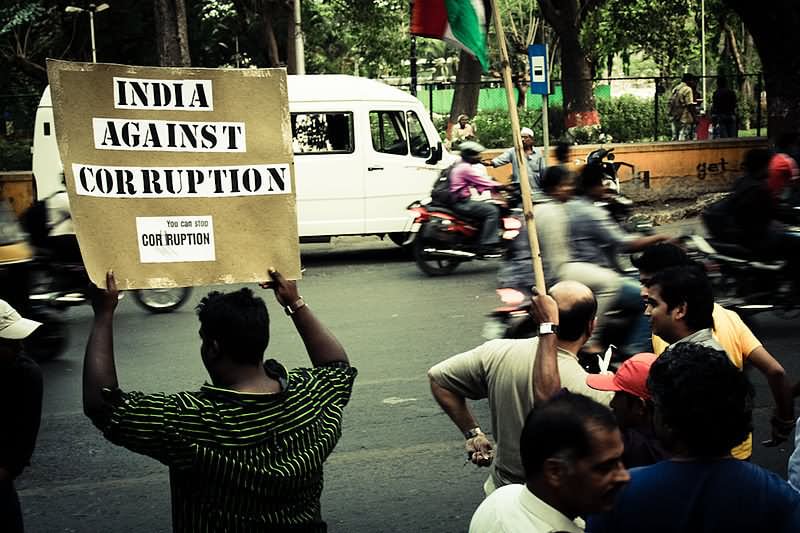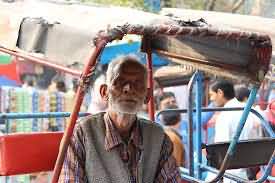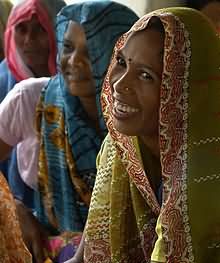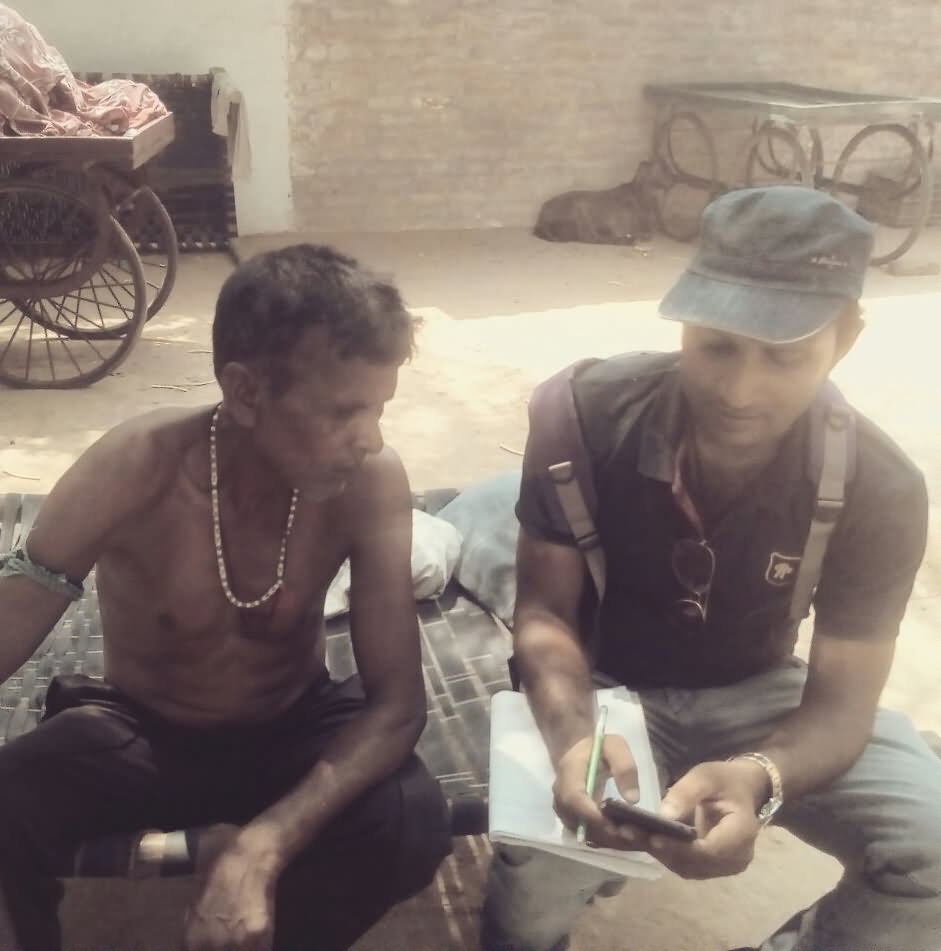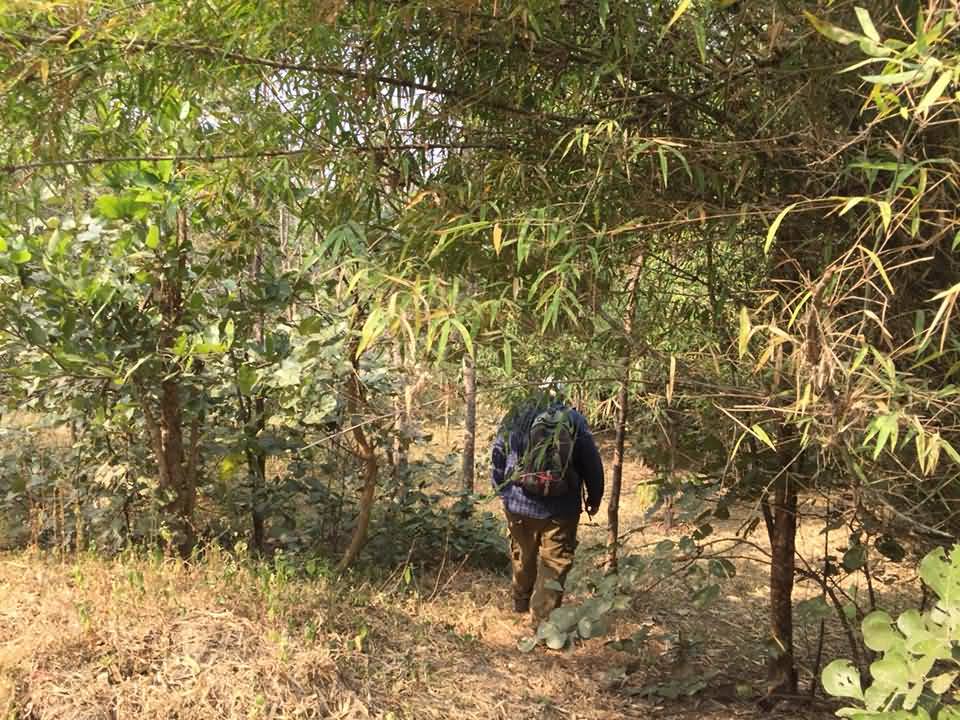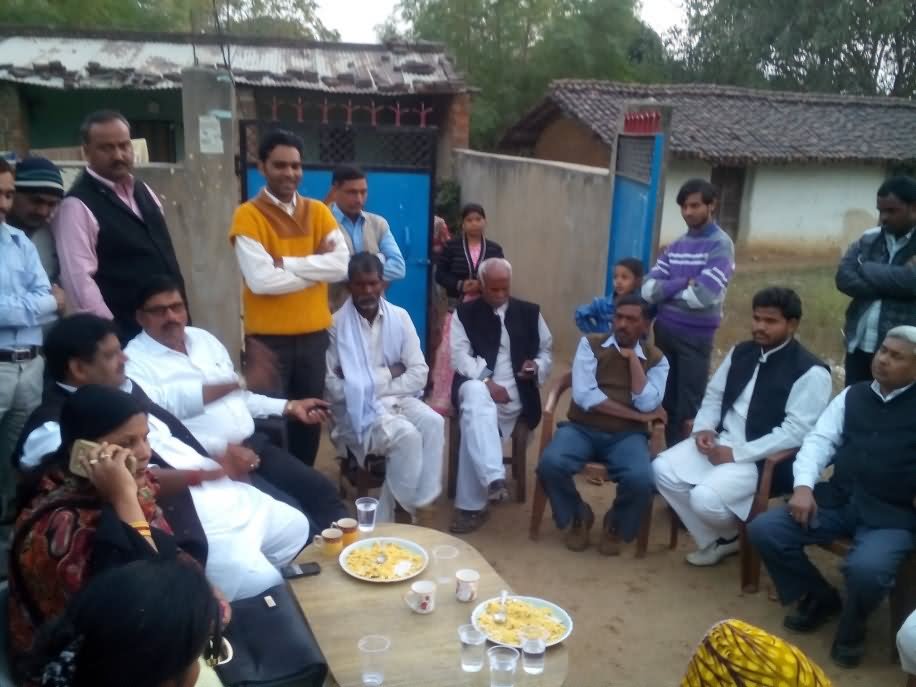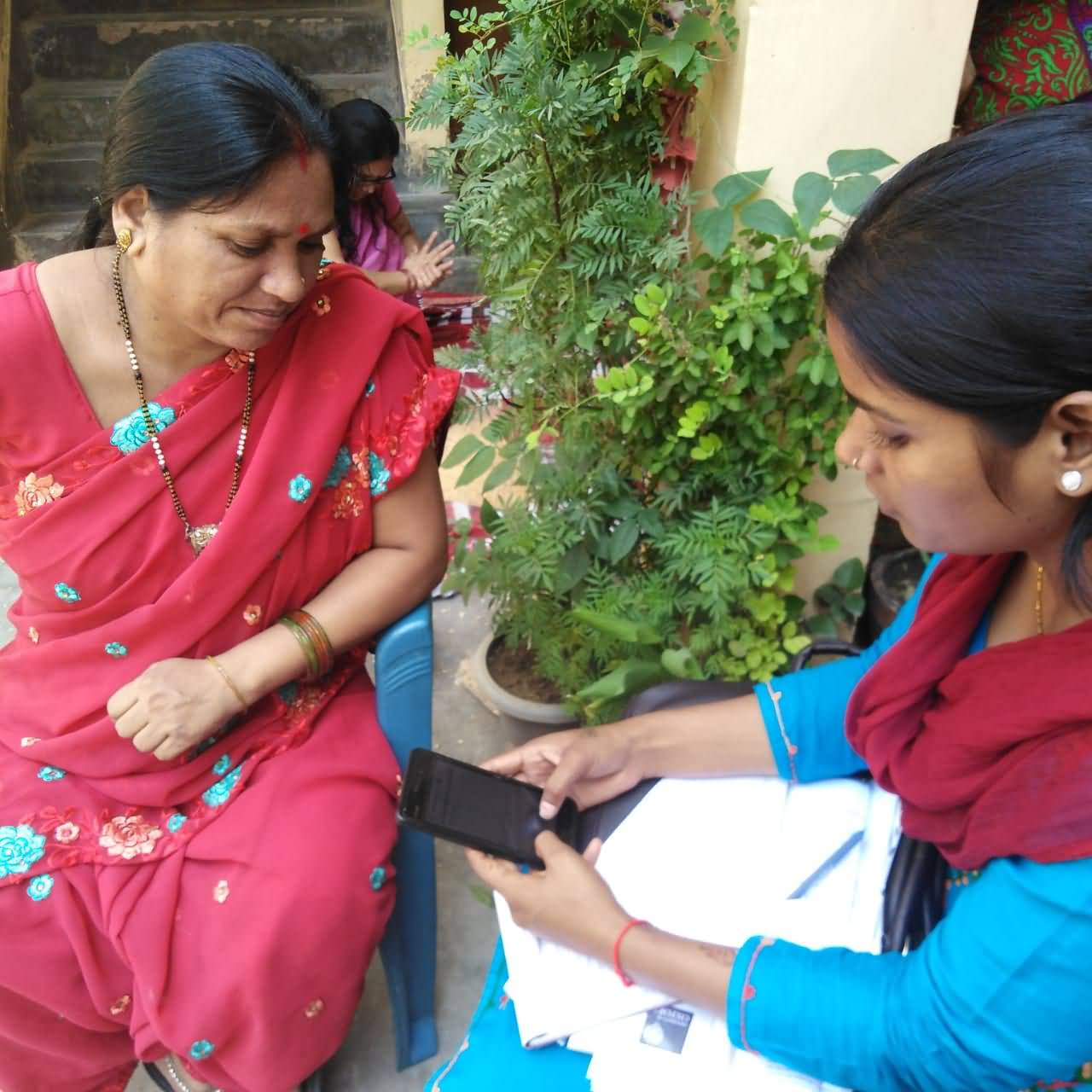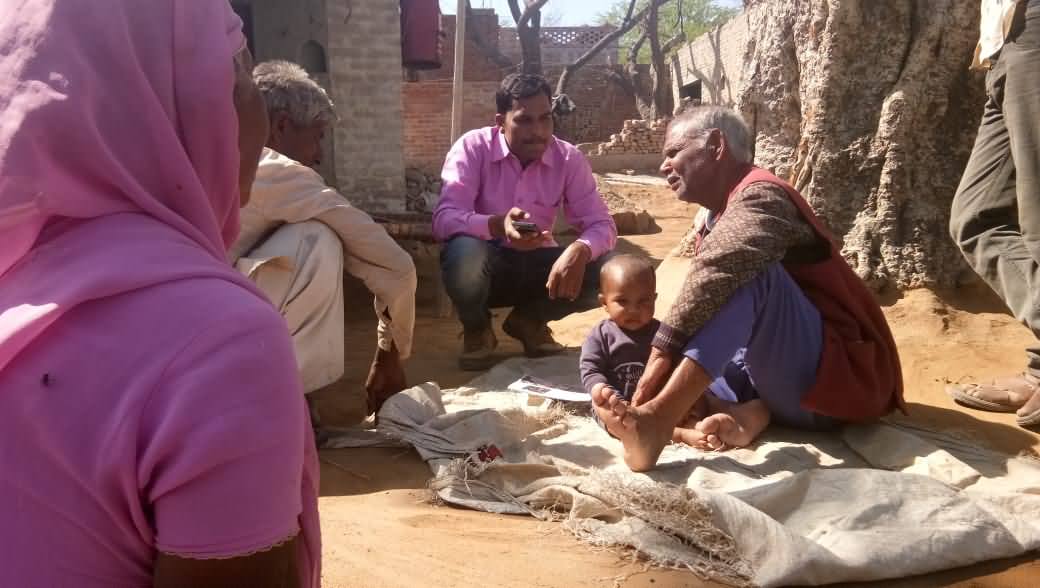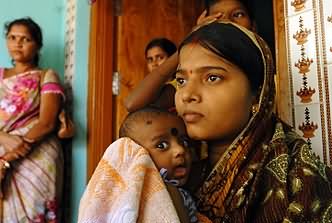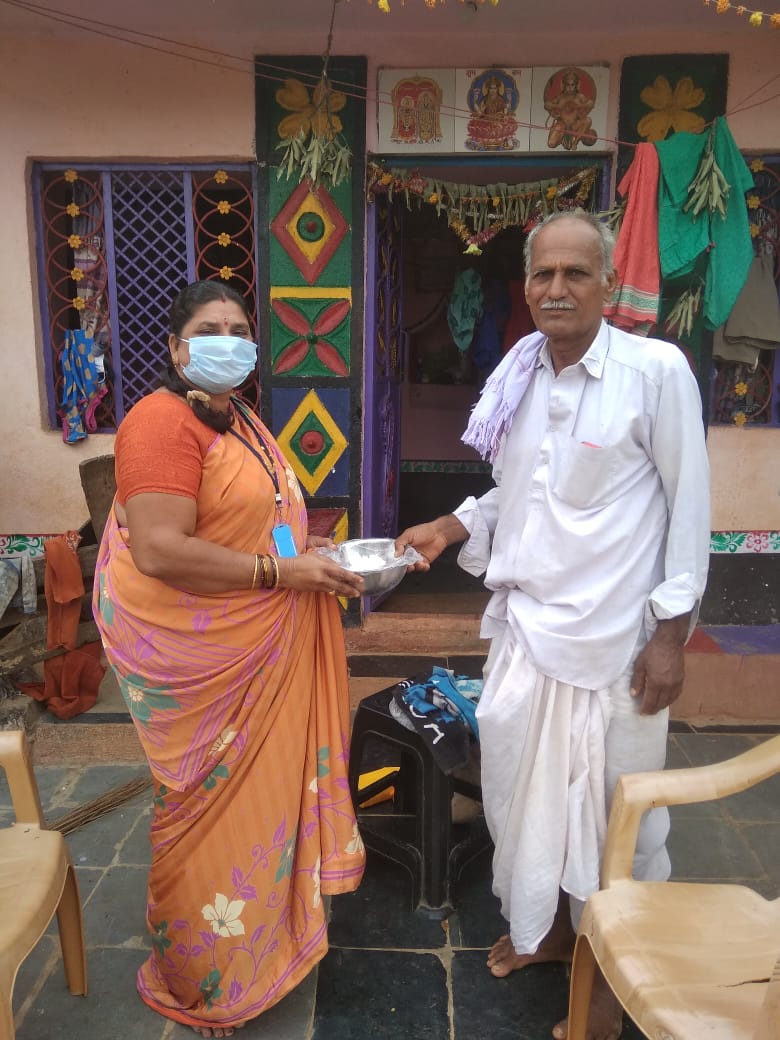
The Dynamics of Urban Sprawl: Land-use changes, food supply and sustainablethe agriculture production system in Arid and semi-arid zones
ICRISAT along with Indian Institute of Management, Ahmedabad and Morsel Research and Development Pvt Ltd is implementing a project on “The Dynamics of Urban Sprawl: Land-use changes, food supply and sustainable agriculture production system in Arid and semi-arid zones”. As part of the project ICRISAT is conducting a survey to understand the cultivation practices,the dynamics encountered during the sale of produce, on-farm practices, and issues faced in the post-harvest phase of farmers in their area. MORSEL conducts interviews of few farmers from the villages i.e. participants and non-participants of an FPC to understand the above. The total sample size of the project is 400 Individuals, where 200 are FPO participants and 200, are non FPO participants. The Implementation area of the project is three districts of Telangana State.
Location: Telangana
Click here for more